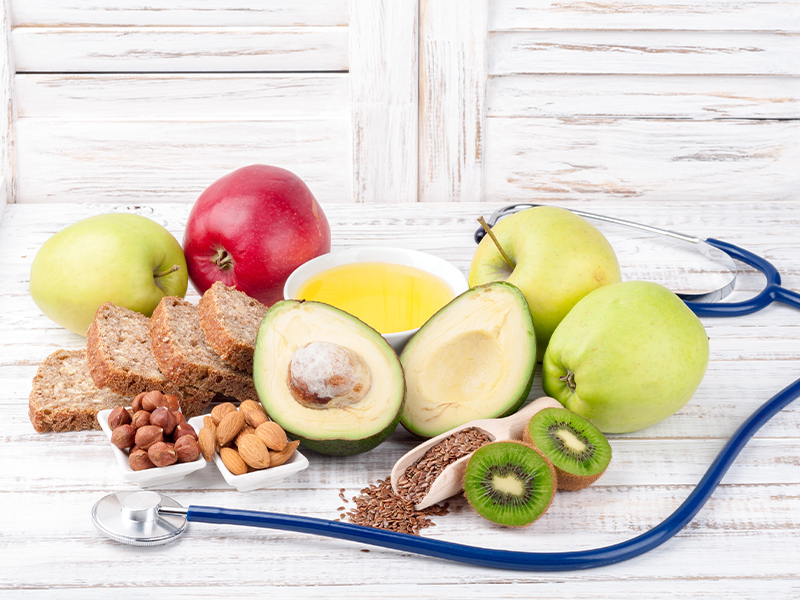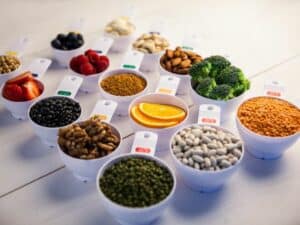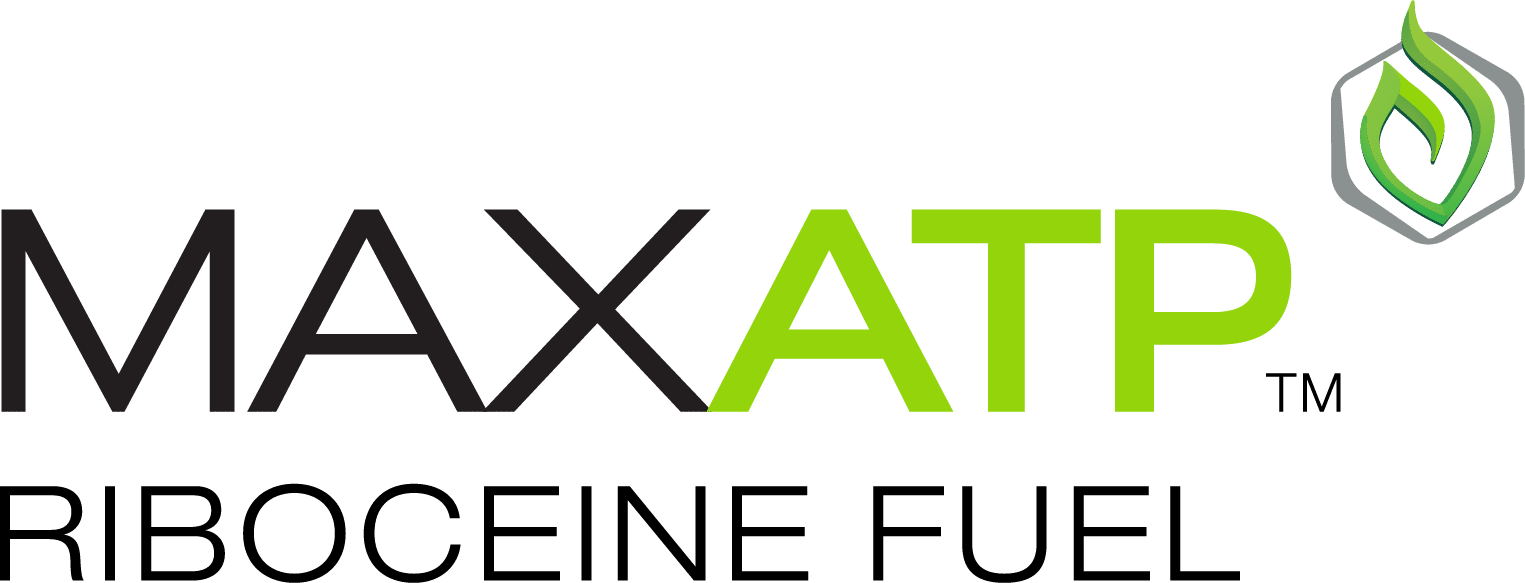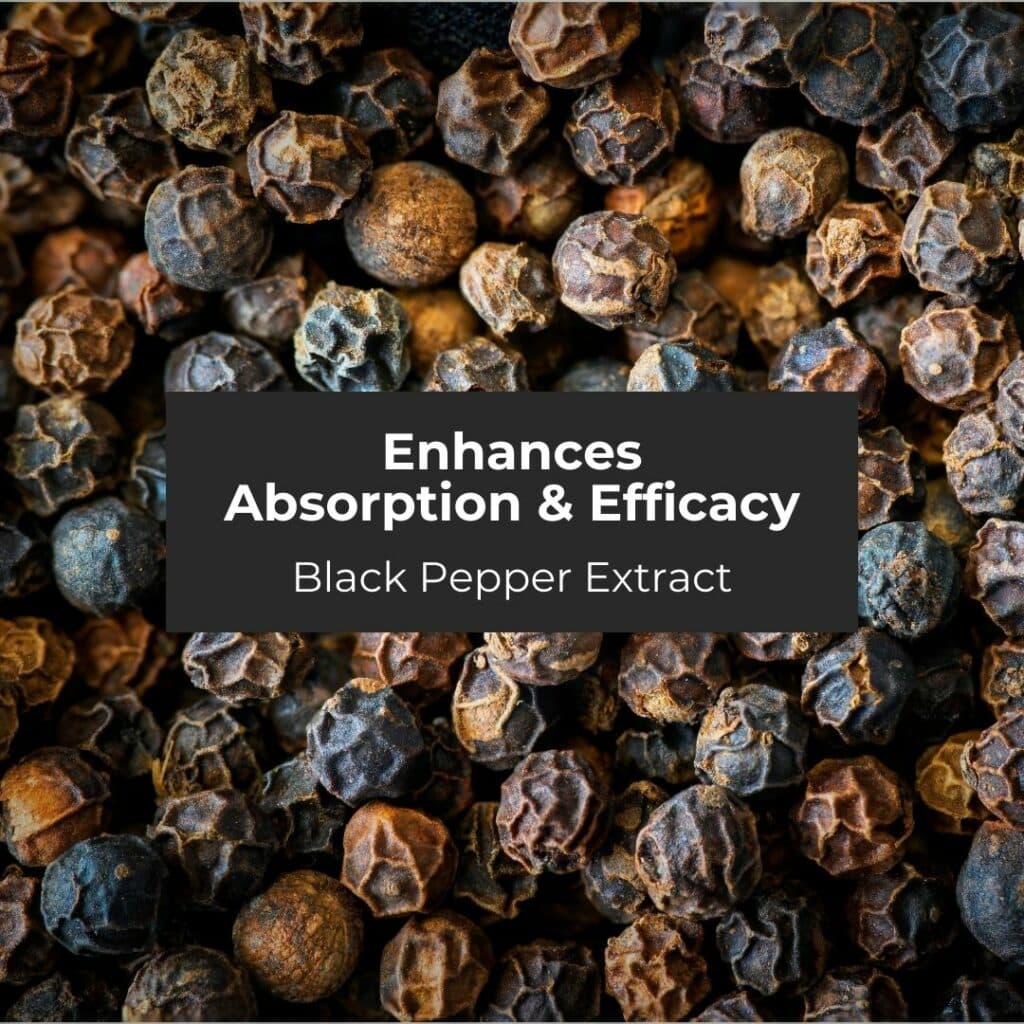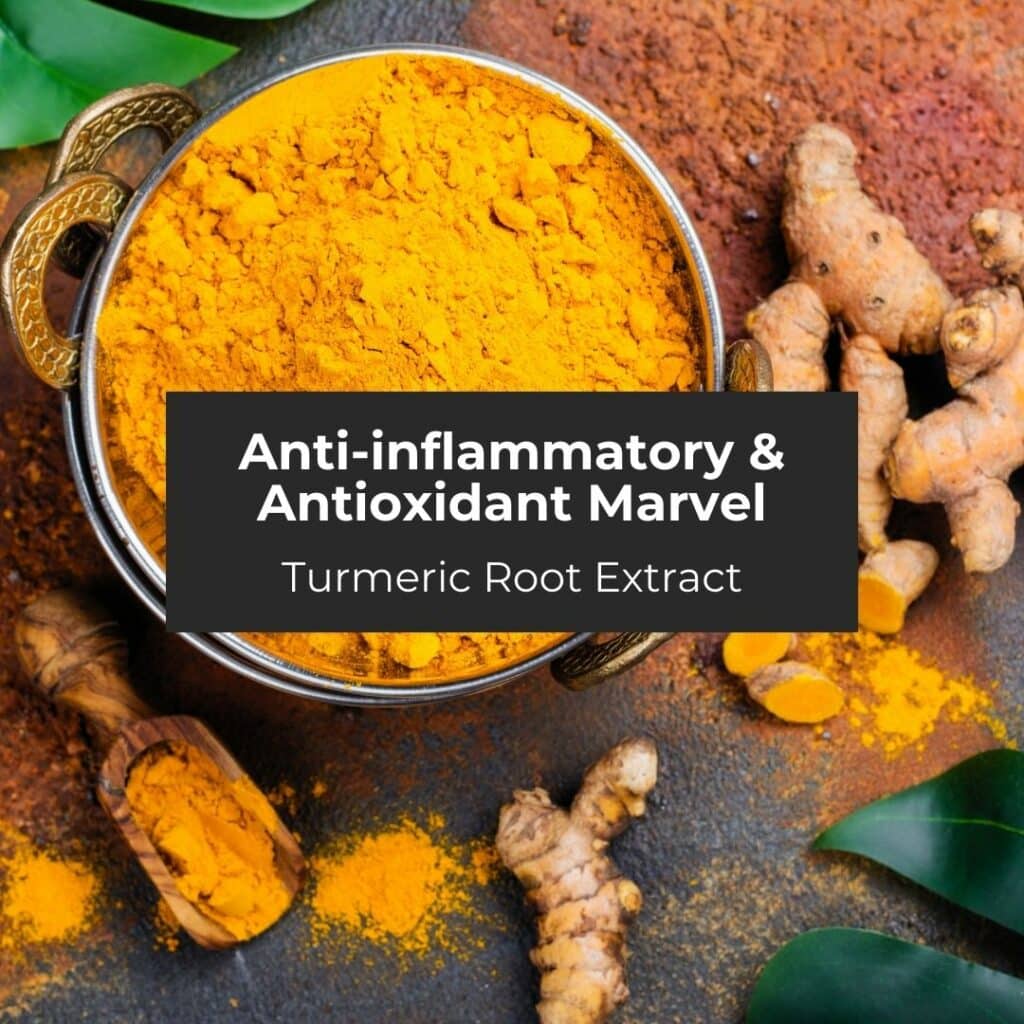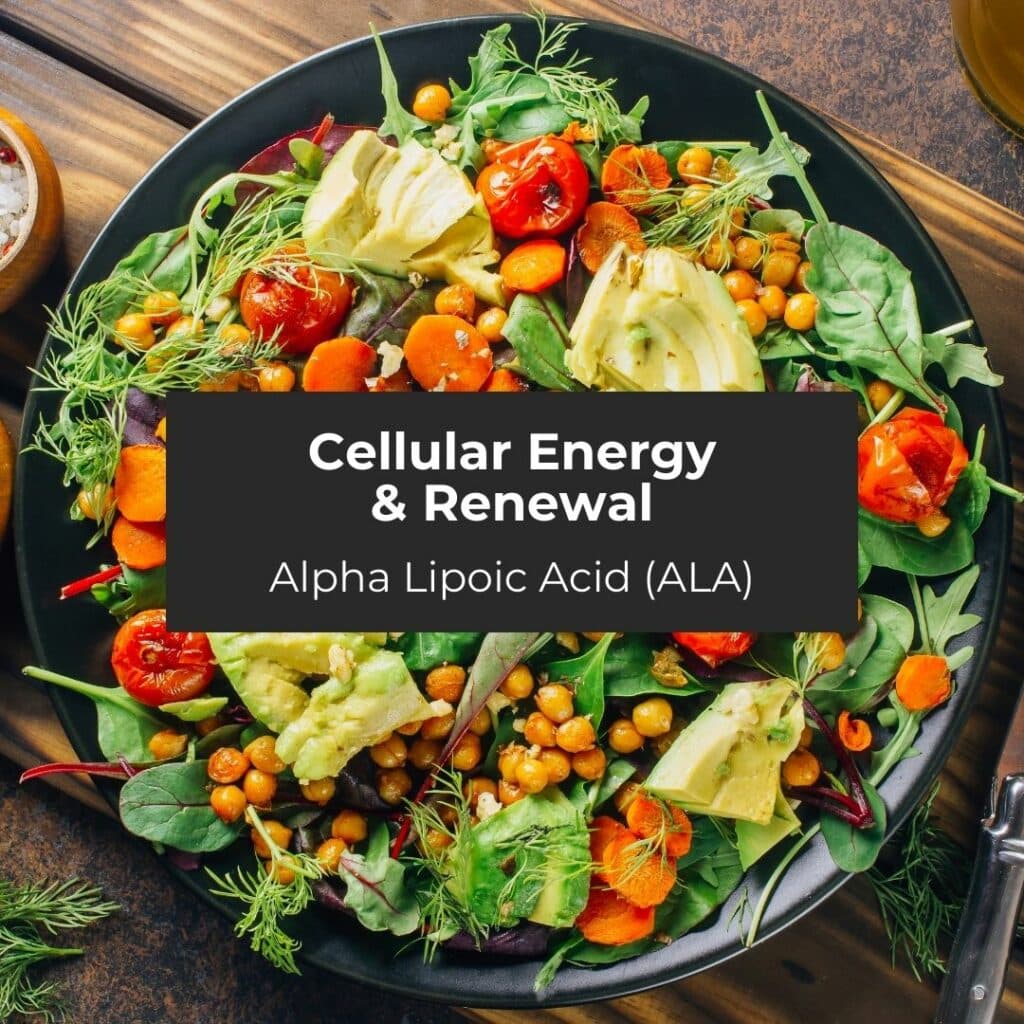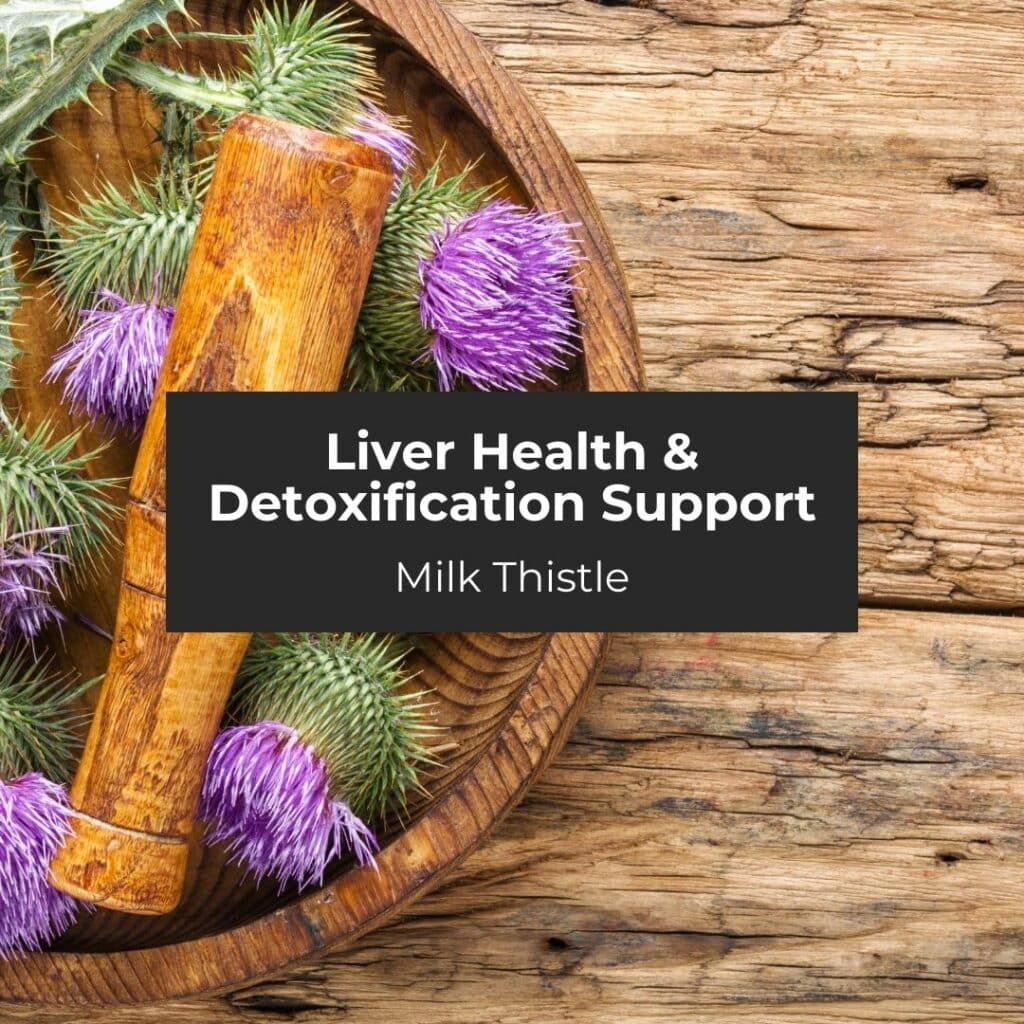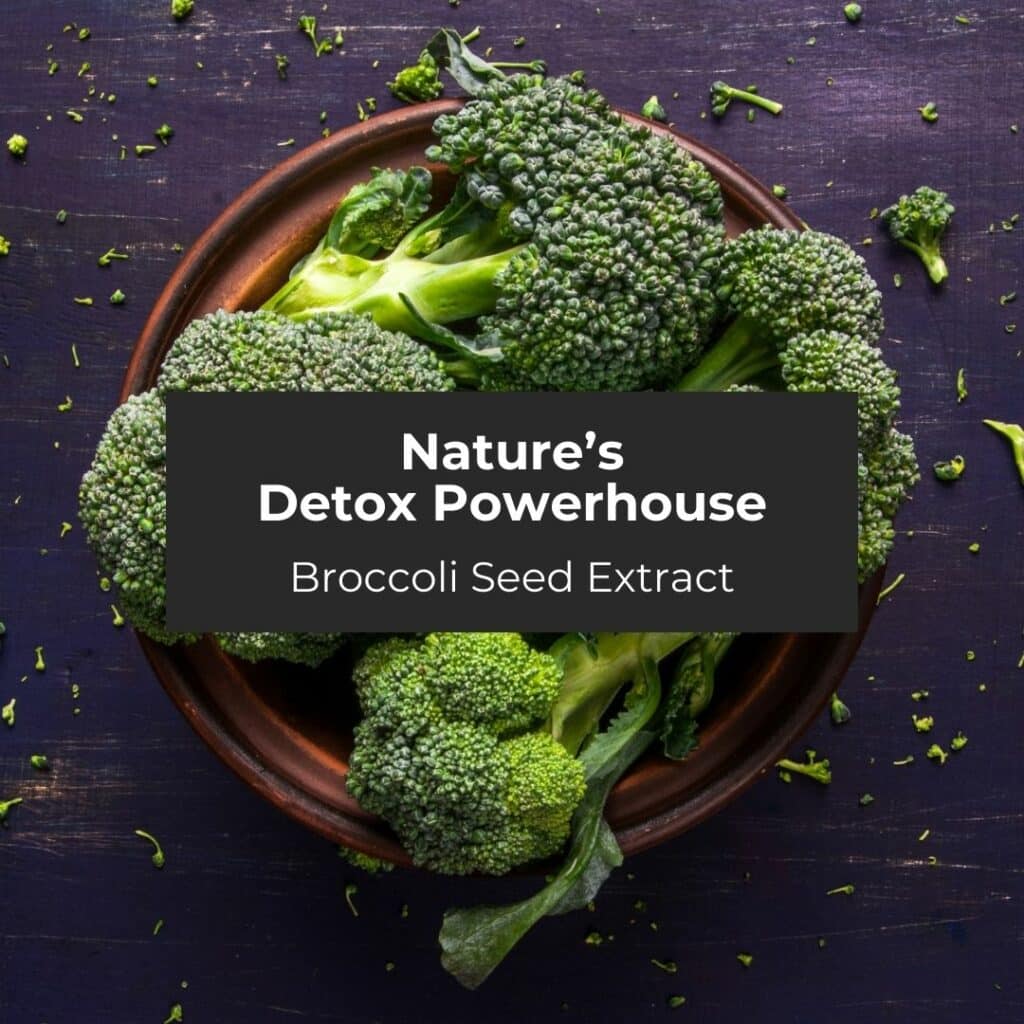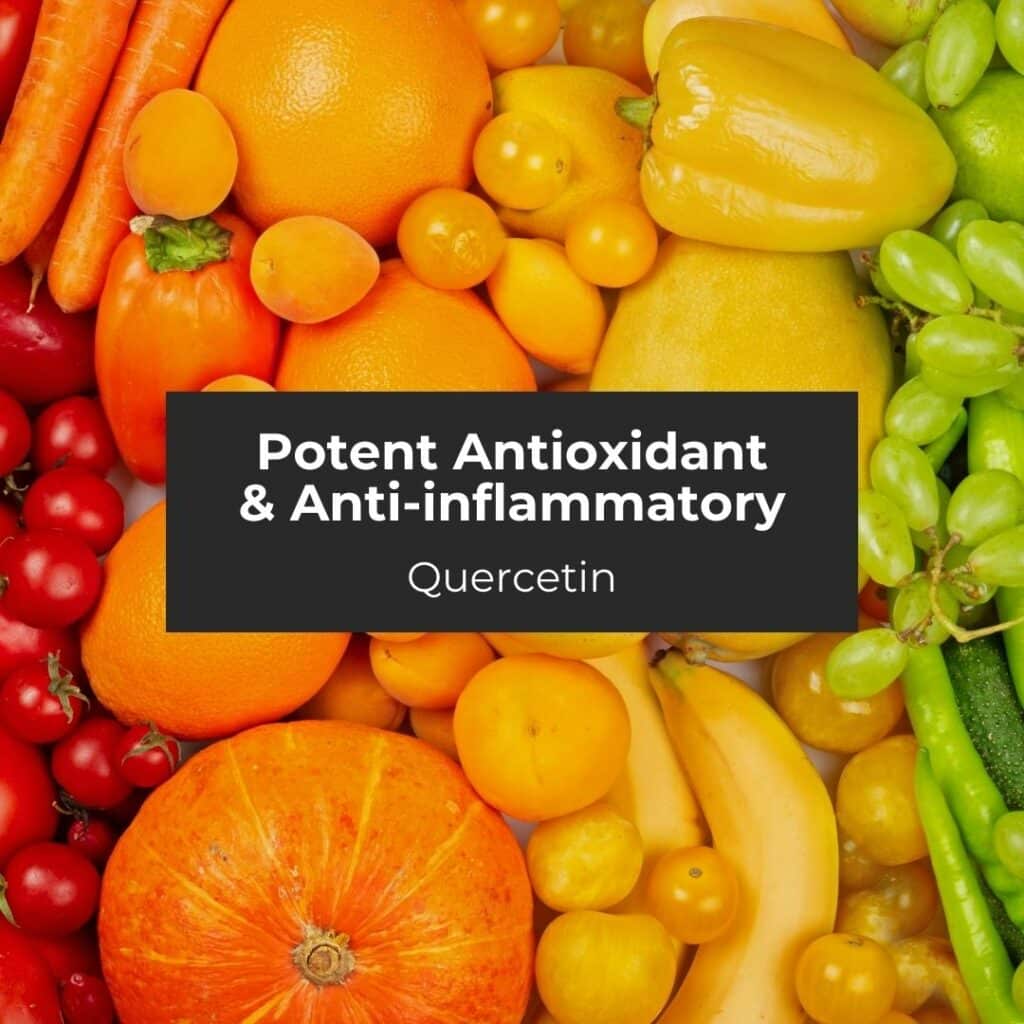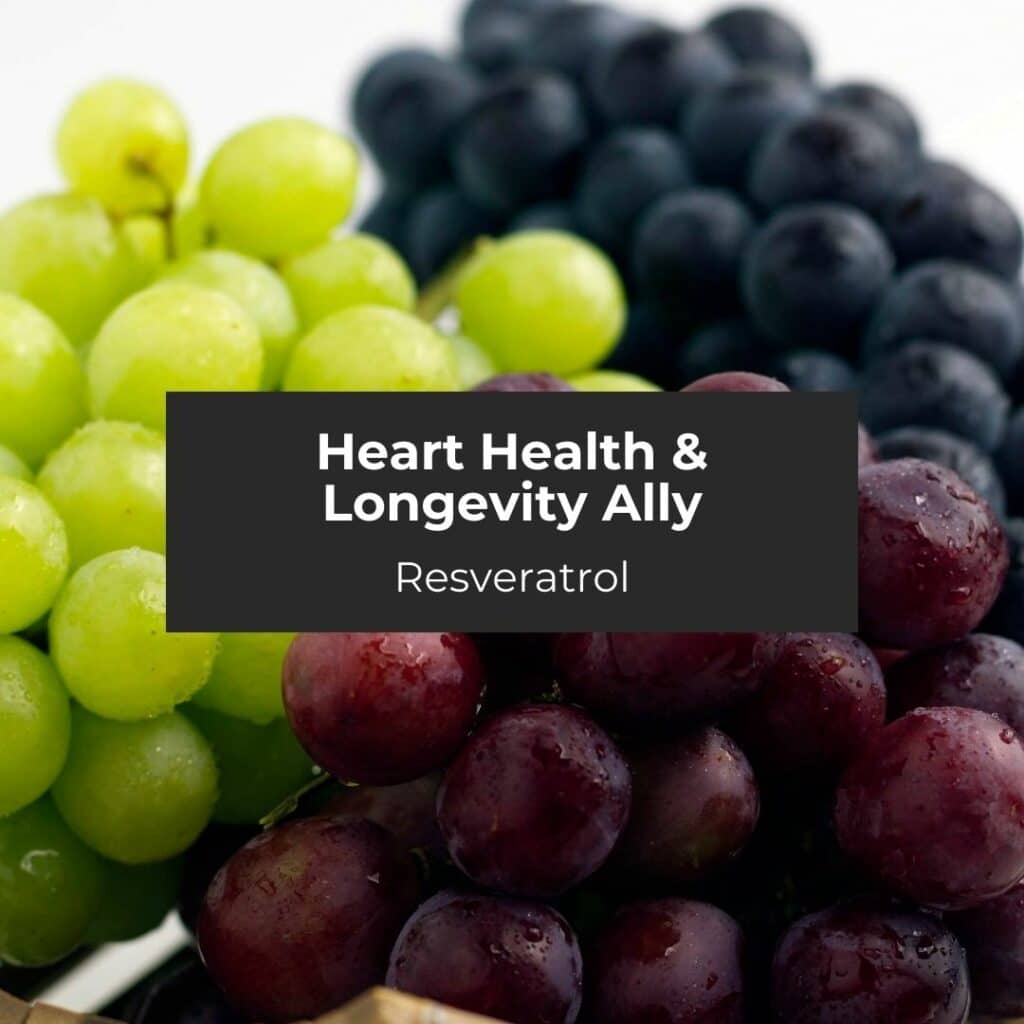Talk of diets, nutrition, and health can eventually include the subject of fat. Fat. Many people hear the word and say to themselves, “Here come the reasons why eating fat is bad.” And many times they’re right on. Then there’s an explanation of the negative effects fat has on the body’s health, including the heart. And, there’s much being exchanged about its role in weight management.
To be fair, though, that’s only half of it. Fat isn’t getting its better shake because the less talked about types of fats include ones that are Good and are great for everyone to know. They’re ones that aren’t often discussed in those day-to-day, casual conversations.
So, for goodness’ sake, forget for a second about the bad- ness of bad-fat. For the sake of what’s better today and for the future, focus for a moment on facts that are important about the seemingly forgotten facts that are really Good.
First, body chemistry, biology, and trillions of cells like good fats. More importantly, they NEED them. Good fats are not only good, but they’re also necessary constituents for maintaining vital organ health and function, organ protection, and promoting other numerous health and wellness processes and systems throughout the entire human body. Good fats are real. And total body health and wellness thrive on them.
Without enough good fat, health declines. Good health is dependent on sufficient and effective levels of certain fats (monounsaturated and polyunsaturated specifically*). Fatty acids, the class of nutrients known as lipids, and cholesterol-friendly types of fat the body needs. Deficiency in any of the many types of Good Fats can diminish health, leaving it more prone to certain diseases, malfunctioning organ systems, and a decline in healthful functions.
Good Fats, Bad Fats — Know the Facts
There are four kinds of fats:
- Saturated
- Trans
- Monounsaturated
- Polyunsaturated
They differ in chemical structure and physical characteristics. They have been categorized by the absence (saturated and trans) or presence of double and triple bonds (mono- and polyunsaturated) in their carbon chain. Saturated fats and Trans fats are considered “the bad” fats. In food terms they are usually solid at room temperature (like shortening, palm oil, and margarine). Monounsaturated and polyunsaturated fats are “the Good” fats and are more liquid (like canola oil and certain fish oils) in consistency at room temperature.
Fats are found in the following general types of foods (with good and bad representations within almost every type and can be found in many more):
- Nuts
- Meat
- Fish
- Some Dairy Products
- Butter
- Oils
Of these,
Bad Fats include the following basics:
- Meat that is red meat
- Whole Milk
- Butter
- Margarine
- Shortening
- Coconut Oil
- Palm Oil
- Hydrogenated oils
- Most tropical oils
Good Fats Include the following basics:
- Fish
- Cod
- Halibut
- Tuna
- Salmon
- Nuts
- Peanut butter and other nut butters – Non Hydrogenated
- Avocado
- Olive Oil
- Peanut Oil
- Canola Oil
- High-Oleic Safflower And Sunflower Oils
Saturated fat should not exceed 10% of daily calories, and trans fats— think French Fries and doughnuts — should be excluded entirely.
The Benefits of Fat
(Good Fats First)
Monounsaturated and polyunsaturated fats and their fatty acid building blocks are incredibly important because – at effective levels – they:
- Give Your Body Energy
- Promote Cellular Growth
- Protect Organs
- Assist in Managing and Controlling Cholesterol And Blood Pressure
- Help the Body Absorb Vital Nutrients
- Help the body regulate warmth
- Assist in chemical exchanges and transport across cell membranes
- Maintain hydration
Saturated and Trans fats are considered unhealthy because, in excess:
- They tend to remain solid, causing build up in blood vessels.
- They are known to increase bad cholesterol (LDL).
- Increase risk of strokes and heart attacks (also a result of their solid nature).
- Are stored by the body when not used to provide energy. This can add unhealthy weight that adds more pressure to bones, joints, and muscles; increases stress on breathing and circulation; and other problems and illnesses.
- Can lead to poor blood sugar regulation and even diabetes.
The Good and Bad Takeaways –
(Fat Check for Optimum Health and Wellness)
These Facts about Fat are Good to know and include the reasons why Bad Fat should be kept to a minimum — moderate intake of the Bad Fat; Generous with the Good Fats.
Live To The Max.

